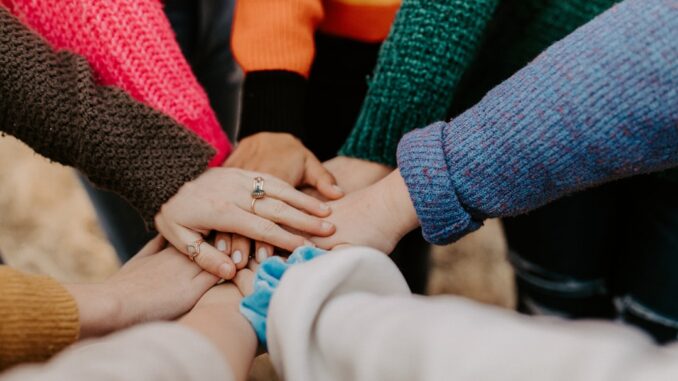
Summary
This article provides a comprehensive guide for those supporting a spouse or partner through addiction recovery. It emphasizes open communication, setting healthy boundaries, seeking professional help, and prioritizing self-care. The article offers practical steps for rebuilding trust, fostering healthy communication, and creating a supportive home environment.
** Main Story**
Alright, let’s talk about rebuilding family ties after addiction. It’s not easy, it’s a proper journey for everyone involved, not just the person in recovery. Think of it as a transformation, and it needs commitment from both sides. This isn’t a quick fix, but I’m hoping this can act as a bit of a guide if you’re supporting your spouse or partner through recovery, giving you some practical steps to work on trust, communication, and just creating a supportive home.
Understanding Addiction
First things first, you’ve gotta understand that addiction is a disease, plain and simple. It’s not some moral failing or weakness of character. Educate yourself, do some research, and really get to grips with how addiction affects the brain. That understanding, it’s crucial because it lets you approach your partner with empathy, and that makes communication so much easier. I remember a friend, Sarah, whose brother struggled with addiction. She said once she stopped judging him and started understanding the science behind it, it completely changed their relationship, for the better.
Open and Honest Communication
Communication is the glue holding any relationship together, right? And it becomes even more vital during recovery. You need to create a safe space, somewhere where you both feel comfortable sharing your feelings and concerns without fear of judgment. Active listening is key here, really listening. Let your partner share their experiences, their fears, and their wins, without you jumping in or interrupting. On the flip side, it’s equally important to express your own feelings and needs. ‘I’ statements are your friend here, for example, ‘I feel scared when…’ rather than ‘You always…’ it avoids blame and focuses on the behavior.
Setting Boundaries
Boundaries. These are so, so important for both your well-being. They’re basically guidelines for what behavior you’ll accept and what you won’t. Clearly communicate your limits – things like substance use, finances, emotional interactions. These boundaries aren’t just about protecting you, they actually help create a structure that supports your partner’s recovery. Trust me, it helps.
Professional Guidance: Is it Needed?
Let’s be honest, navigating addiction recovery isn’t exactly a walk in the park. Professional guidance can be invaluable here. Have you thought about family therapy or couples counseling? It offers a neutral space for communication, helps with conflict resolution and gives you both the tools to manage emotions. Therapists can provide coping mechanisms and help you understand those underlying issues that might have contributed to the addiction in the first place. And of course, individual therapy can be a game-changer, too.
Self-Care is NOT Selfish
Supporting someone through recovery can be emotionally exhausting, so you must prioritize your own self-care. It’s not selfish, it’s necessary! Think of it like this, you can’t pour from an empty cup. What activities bring you joy? Exercise? Hobbies? Spending time with friends? Make them a priority.
Celebrating Small Wins
Recovery is a marathon, not a sprint. Celebrate every single milestone, no matter how small it seems. Acknowledge your partner’s progress and efforts, these celebrations reinforce positive behavior and strengthen your bond. It is worth the effort I promise you.
Patience and Forgiveness
Now, remember recovery isn’t a straight line. There will be setbacks, it’s almost guaranteed. Be patient, both with your partner and with yourself. Forgiveness is also key, letting go of past hurts and resentments creates space for growth and a healthier future, even if it’s hard.
Rebuilding that Trust
Rebuilding trust takes time, no question about it, and it needs consistent effort. Transparency, honesty, and accountability are essential. Encourage open communication and create opportunities for shared, positive experiences. You know, things like going for a walk, cooking a meal together, just simple stuff. As trust grows, the relationship becomes stronger and more resilient.
Creating the Right Environment
Creating a supportive home environment is vital for sustained recovery. Remove anything that could trigger a relapse. Encourage healthy habits, like regular exercise, a balanced diet, and activities that reduce stress. A supportive home provides a safe space for healing and growth.
Focusing on the Future
Recovery is about building a new life together. What are your shared goals and dreams for the future? Talk about them, plan them, and make them a reality! This shared vision fosters hope, strengthens your bond, and reinforces your commitment to a healthier, happier life free from addiction. It won’t be easy. There will be hard days. But rebuilding family ties after addiction, it’s absolutely possible. And by embracing understanding, communication, and support, you can create a stronger relationship and a brighter future together.


Be the first to comment